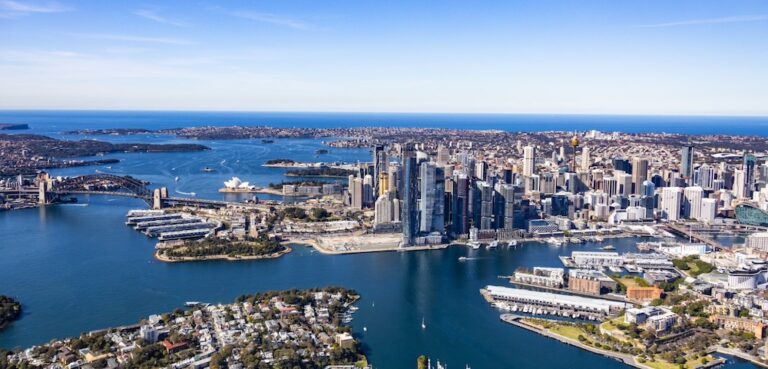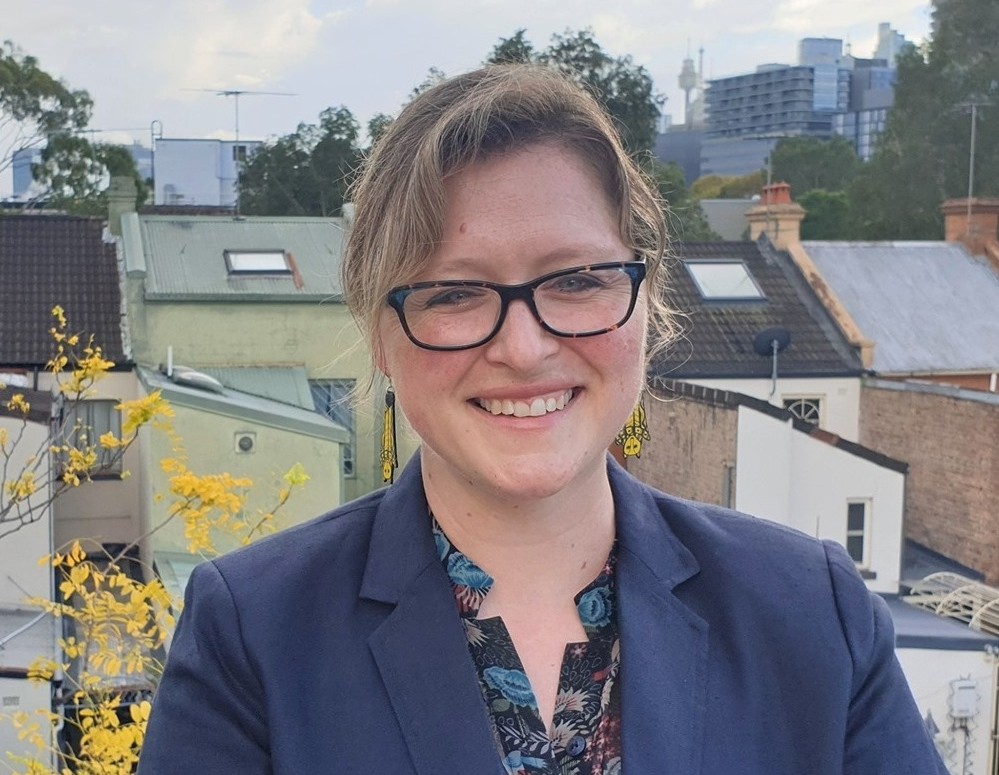By SHARLOTTE THOU
Sylvie Ellsmore, the City of Sydney’s newly elected Deputy Lord Mayor, says that the City of Sydney “needs to do much more” to improve housing affordability.
The City’s affordable and social housing targets state that by 2030, 7.5% of all housing will be affordable rental housing, and 7.5% of all housing will be social housing. Cr Ellsmore believes the City of Sydney is “currently not on track” to meet its housing affordability targets, which she describes as “relatively modest”.
“We’re losing the public housing we have; we’re losing the affordable housing we have, and we’re not building enough of it as the city grows”, she told City Hub.
She acknowledges that affordable housing – defined as housing that costs less than a third of a person’s income – comes in many forms. While including public and social housing, affordable housing also encapsulates housing for artists, students, and older people, which “might look like co-ops, or might look like more supportive accommodation for people exiting homelessness”.
Cr Ellsmore partly attributes this shortcoming to the state government, which she says, “refuses to let local councils do what [they] want with reasonable targets”, namely imposing more requirements on public land and developers. She stressed the need to “push the state government to do more”, particularly in the leadup to the upcoming state election.
In the 9 months she’s been in office, Cr Ellsmore has established the ‘Housing for All’ Working Group, which “brings together industry leaders and experts to share knowledge and provide strategic expert advice and guidance”. In her term the City of Sydney has also renewed the $10 million affordable housing for all fund and increased developer contributions.
Her policy aims at protecting the affordable housing that already exists and ensuring that there is adequate affordable housing built as the city grows. She acknowledges that the City “doesn’t have enough rules to make sure that people are forced to build proper affordable housing” and needs to stop the NSW government from “selling off and redeveloping the public housing that exists in the city”. The NSW government has been criticised for selling approximately 4205 social housing properties – equivalent to $3 billion – since 2011.
Cr Ellsmore pushes for council to take the lead
While the state government has focused on placing affordable housing in the hands of developers as opposed to local council, Cr Ellsmore says there is a “real window of opportunity”, as both the state and federal government have “talked about equity and governments investing in housing in a different way”.
While these ideas have not materialised into direct policies yet, she believes it shows that “everyone acknowledges, even across all different political parties, that the scale of the crisis means we can’t keep doing things the same way”.
She also stressed that much of housing is in the hands of the state and federal government, but local council plays a strong role in advocacy. Cr Ellsmore also believes there is room for council to direct funds to improve housing affordability, to use its powers over development to ensure that more affordable housing is being built, and to support community campaigns.
Cr Ellsmore has also identified that council could directly invest in housing, which it currently doesn’t do. She explained that this would mean that local government “would invest with [buyers] to help them buy their house or secure tenure”. An example of this is through Community Land Trusts, a model that is named in the council’s New Cities plan.
Community Land Trusts are currently used in the US and UK and involve the land component of a property being owned by a community based, non-profit entity, which essentially lowers housing prices by removing land costs from the cost of housing. Research from the Australian Housing and Urban Research Institute has identified that Community Land Trusts have the potential to “increase the range of housing tenure options, foster community development and social capital, and maintain a stock of affordable housing options”.
Cr Ellsmore said the response from councillors to her policies has been “unanimous, no matter what their political party or independent status is”.
“There’s been a real openness to new ideas, but the challenge is going to be implementing them [by] getting people to agree that the city is right place to trial them”, she continued.
Addressing climate change is another of Cr Ellsmore’s priorities. Despite the City of Sydney’s climate change policies being more ambitious than other councils, councillors have “unanimously agreed that there was room to strengthen those targets”. The City of Sydney has committed to net zero emissions by 2035, a 70% reduction in greenhouse gas emissions by 2030 from 2006, and 50% of electricity demand met by renewable sources by 2030.
However, she acknowledged that these targets extend beyond the scope of local council, with the real challenge being “changing the rest of the city” which is largely dependent on the state and federal governments.
“The city isn’t going to be able to do it on its own, but it is certainly showing that councils can do more than what is normally expected”, she added.


